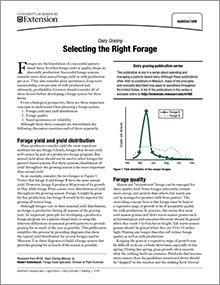

Dairy Grazing: Selecting the Right Forage
Reviewed
Dairy grazing publication series
This publication is one in a series about operating and managing a pasture-based dairy. Although these publications often refer to conditions in Missouri, many of the principles and concepts described may apply to operations throughout the United States.
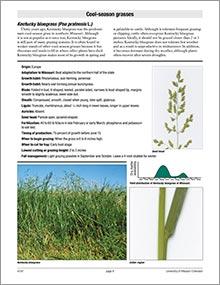
Dairy Grazing: Selecting the Right Forage, Page 03
Reviewed
Forage selection for dairy grazing, focusing on Kentucky bluegrass, its growth, management, and benefits. Ideal for grazing systems in northern regions.
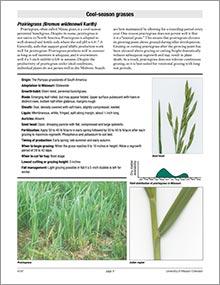
Dairy Grazing: Selecting the Right Forage, Page 06
Reviewed
Discover the characteristics, growth habits, and management practices for prairiegrass (Bromus wildenowii Kunth) in dairy grazing systems.
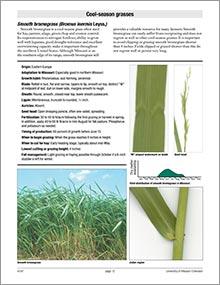
Dairy Grazing: Selecting the Right Forage, Page 09
Reviewed
Discover the benefits of Smooth bromegrass for dairy grazing, including its growth habits, adaptability, and tips for optimal management.
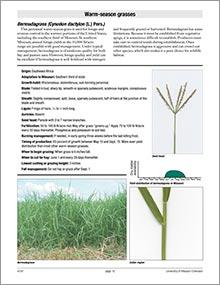
Dairy Grazing: Selecting the Right Forage, Page 12
Reviewed
Explore tips on selecting and managing bermudagrass for dairy grazing. Learn about its growth habits, yield, and care for optimal forage production.
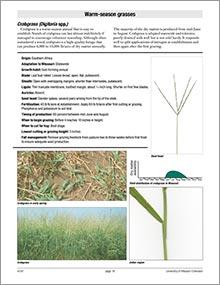
Dairy Grazing: Selecting the Right Forage, Page 15
Reviewed
Crabgrass is a high-quality, warm-season forage that thrives in various conditions, offering valuable nutrition for livestock.
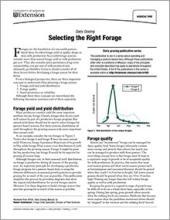
Dairy Grazing: Selecting the Right Forage, Page 32
Reviewed
The publication offers guidance on selecting the right forage for dairy grazing, including various types of grass and their yield, quality, and persistence.
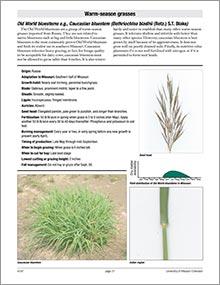
Dairy Grazing: Selecting the Right Forage, Page 18
Reviewed
Learn about Old World bluestems, such as Caucasian bluestem, their characteristics, adaptation, and management practices for optimal forage production.
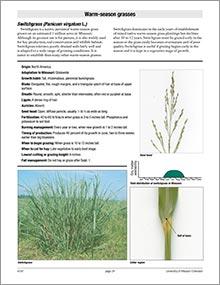
Dairy Grazing: Selecting the Right Forage, Page 21
Reviewed
Switchgrass is a hardy, warm-season grass ideal for pastures and hay. It thrives in Missouri soils and provides quality grazing when managed properly.
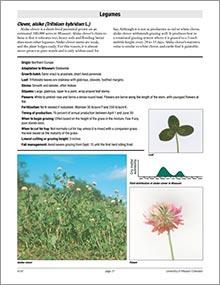
Dairy Grazing: Selecting the Right Forage, Page 24
Reviewed
Annual lespedeza is a pasture legume providing high-quality forage in midsummer, thriving on infertile soils, and not causing bloat in cattle.
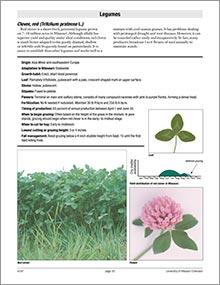
Dairy Grazing: Selecting the Right Forage, Page 27
Reviewed
Learn about Hairy Vetch, a winter annual legume used for spring pasture and silage. Discover its growth habits, benefits, and best practices for grazing.
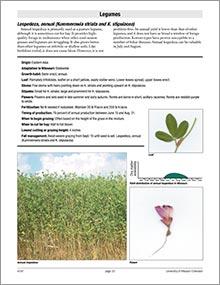
Dairy Grazing: Selecting the Right Forage, Page 30
Reviewed
White clover is a legume suitable for cool, moist climates, providing high-quality forage for livestock. It may require careful grazing management.
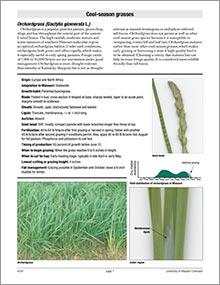
Dairy Grazing: Selecting the Right Forage, Page 04
Reviewed
Learn optimal orchardgrass management for dairy grazing, including growth habits, fertilization, and seasonal guidelines, to maximize forage yield and quality.
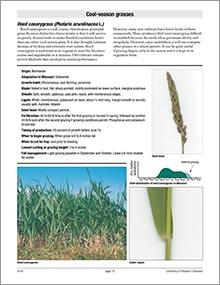
Dairy Grazing: Selecting the Right Forage, Page 07
Reviewed
Reed canarygrass is a drought-tolerant, rhizomatous grass that grows well in wet soils and provides high-quality forage early in the season.
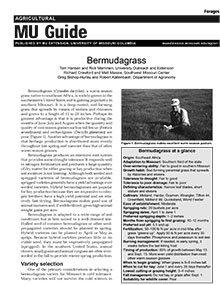
Bermudagrass
Reviewed
Bermudagrass makes excellent warm-season pasture and is gaining popularity in Missouri. Visit our website today to learn more.
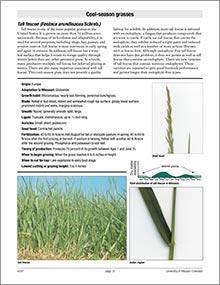
Dairy Grazing: Selecting the Right Forage, Page 10
Reviewed
Discover the benefits and challenges of tall fescue as a forage option, including growth habits, nutritional value, and management tips for livestock grazing.
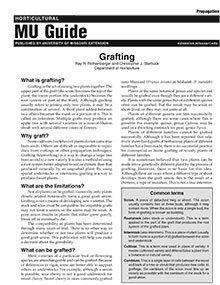
Grafting
Reviewed
Grafting is the act of joining two plants together and is a way to change a large tree from an old to a new variety. Visit our site to learn more.
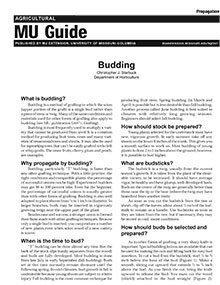
Budding
Reviewed
Budding is a grafting technique where a single bud is inserted into a plant stock, often used to propagate fruit trees and ornamental plants. The best time is in fall.
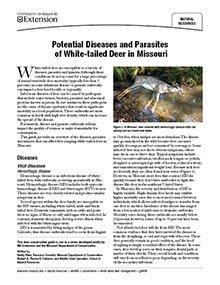
Potential Diseases and Parasites of White-tailed Deer in Missouri
Reviewed
White-tailed deer are susceptible to a variety of issues. Visit our site to learn about Potential Diseases and Parasites of White-tailed Deer in Missouri.
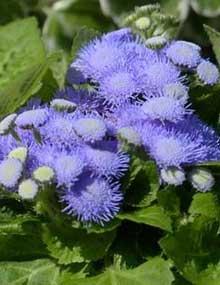
Gardening in the Shade, Page 02
Revised
Learn about these shade-tolerant annual flowers: Ageratum, Flossflower; Begonia, tuberous; Begonia, wax leaf; Browallia; Coleus; Flowering tobacco; Foxglove; Impatiens; Lobelia; Pansy; and Wishbone flower.
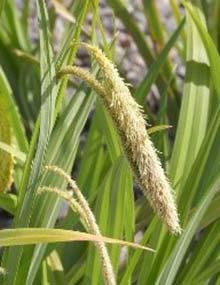
Gardening in the Shade, Page 05
Revised
Learn about these shade-tolerant grasses: Bottlebrush grass; Hakonegrass; Maiden grass, Silver grass; Sedge; Soft rush; Tufted hairgrass; and Woodrush.
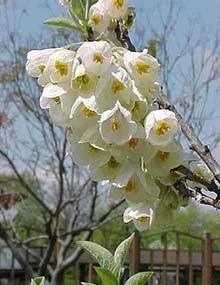
Gardening in the Shade, Page 08
Revised
Discover small trees ideal for shaded urban yards, including dogwoods, serviceberry, and hornbeam, with details on size, soil needs, and fall color.
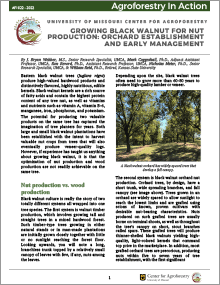
Growing Black Walnut for Nut Production: Orchard Establishment and Early Management
Revised
Eastern black walnut trees (Juglans nigra) produce high-valued hardwood products and distinctively flavored, highly nutritious, edible kernels.
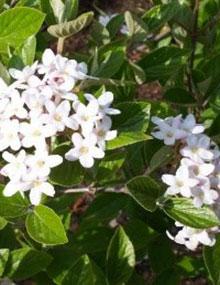
Gardening in the Shade, Page 03
Revised
Discover shade-tolerant deciduous shrubs like arrowwood viburnum, bottlebrush buckeye, and oakleaf hydrangea to enhance your shaded garden spaces.
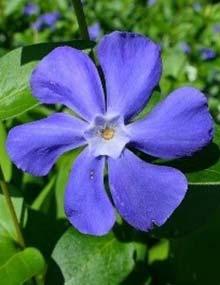
Gardening in the Shade, Page 06
Revised
Discover plants that thrive in low-light conditions and learn how to enhance your shaded garden with suitable selections and care tips.